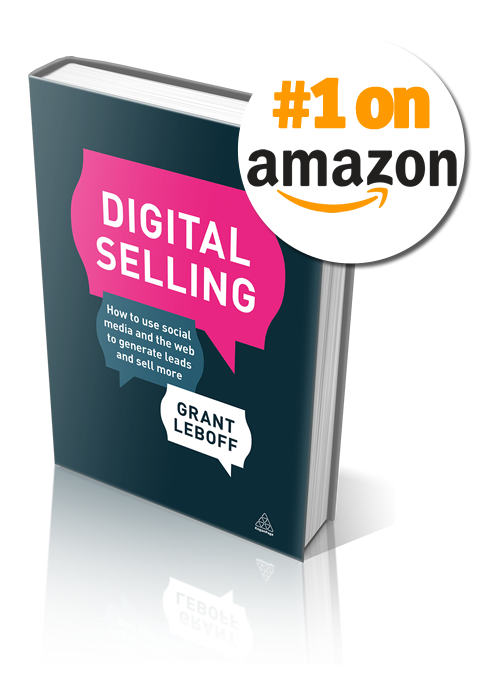About this video
Paying to get noticed.
Video length: 2:53
Dave Harries: Grant, you talk in the book about paying for attention, paying to get noticed, as it were. That sounds a bit like old-fashioned advertising to me. What are the differences?
Grant Leboff: Yeah. You have to be very careful with that because it could exactly be that. The thing that a lot of these social platforms allow you to do, today, is actually do it in a very relevant way. You can segment markets in such relevant ways that you’re making sure that your posts are only going to people who would find it valuable, who would find it interesting. You have to be very, very careful. Otherwise, you’re right. It could go into the old-fashioned shouting.
The reason I talk about paying for attention, at all, is because ultimately, there has to be an acknowledgment, I think, that social media and digital isn’t free. I think a lot of people still think of it as this kind of free advertising, free promotion. I just wanted to make sure that people understood that it isn’t. Apart from the time and effort it takes to put into this anyway, which isn’t free, you do have to pay.
I’ll give you an example; Google AdWords is a lovely example. You’re not shouting at anybody because you’re only going to come up because I’ve searched on that term, so by definition, I’m interested because I’ve just searched on that term. That’s an interesting way of getting in front of people. You know, Facebook has really become a paid platform in many ways, today. If you really want a video to be seen, for example, giving it a bit of a boost, putting a little bit of budget behind it is going to be important, otherwise, it’s not going to get seen at all.
I think there’s a very fine line here, and you do have to be very, very careful. Nevertheless, I just think there is an acknowledgement that sometimes, to give you an initial boost, to get that initial engagement, it’s sometimes worth your while to put a bit of marketing budget behind something.
Dave Harries: Presumably, because of the sophistication of modern digital techniques, and platforms, and so on, you can use that budget much more intelligently than perhaps you could have in the past.
Grant Leboff: Yes. You know, Americans used to call the old-fashioned [inaudible 00:02:03] for example, spray-and-pray, which really was what it was. Digital shouldn’t be like that. By the way, people do do it like that, and it’s wrong. You can be very targeted. You can talk to people contextually, so when they’re looking at certain subjects, other subjects that relate to that come up, so there’s contextual ways of doing things. There’s key words so you can make sure that you only come up when key words are mentioned.
You’re 100% right. There are all sorts of techniques, probably too involved to go through now, but all sorts of techniques you can use to make sure you’re highly relevant, so you’re not in that shouting mode, that you are giving value. Nevertheless, I just think there needs to be an acknowledgment that sometimes, it is worthwhile. There is an argument to be made for paying for some of this attention initially.
There may be small changes to the spoken word in this transcript in order make it more readable.


